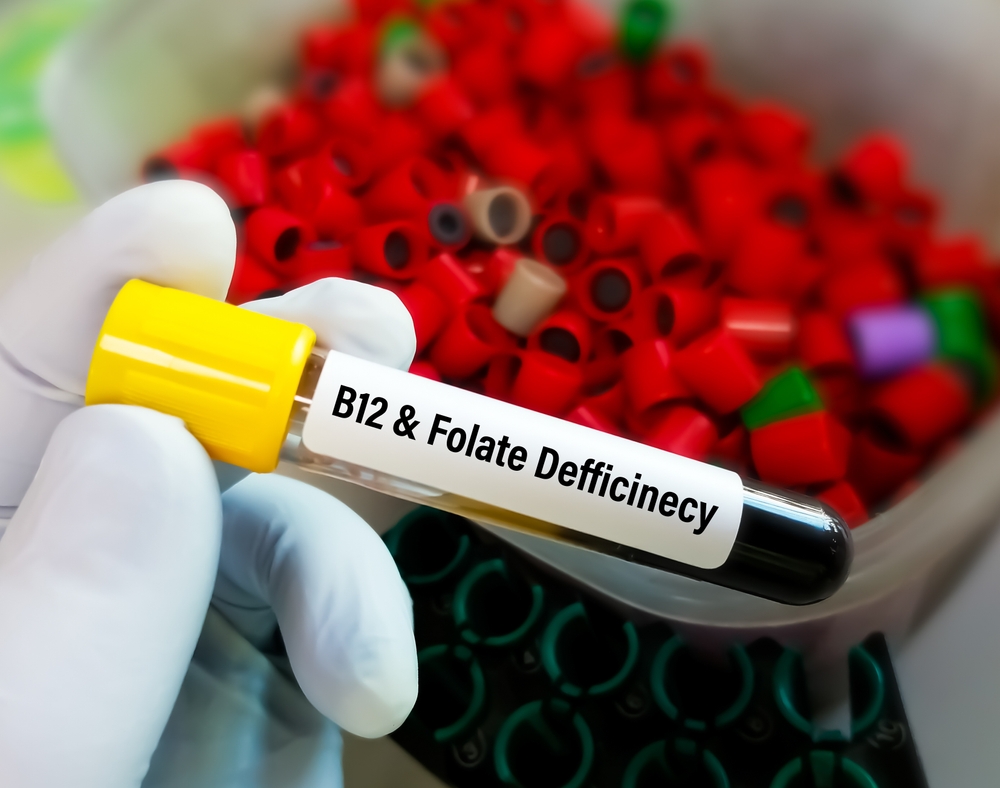The Importance of Addressing Iron in Maternal-Fetal Medicine

In a single-blinded, randomized controlled trial involving young women with overweight/obesity and iron deficiency anemia, a weight loss intervention over three months led to significant reductions in body weight and improvements in iron status markers.
A Look Into the Diagnosis and Management of Iron Deficiency Anemia

A recent study reviewed the evaluation and management of iron deficiency anemia. Diagnosis typically involves confirming anemia alongside evidence of low iron stores, often assessed through serum ferritin levels.
Women’s Health: The Impact of Iron Deficiency

A narrative review discussed current definitions, causes, and treatment of iron deficiency and anaemia in women. Researchers noted that current treatments fall short, needing advancements in safer, more effective iron supplements and more data on intravenous iron. The narrative concluded that collaboration with patients and public is vital for effective research, particularly in new iron dosing methods and evaluating intravenous iron’s long-term role.
Anemia and Nutrient Deficiencies: Racial Differences

A Mayo Clinic Arizona study found racial disparities in anemia and nutrient deficiencies in the US. American Indians/Alaskan natives and African Americans showed higher anemia rates, with the former also having significant serum folate and iron deficiencies, and Asians having the highest vitamin B12 deficiency. The disparities likely arise from diverse medical, nutritional, and social factors, underscoring the need for more research and targeted nutritional interventions in at-risk racial groups to combat healthcare inequalities in nutritional anemias.
Recognizing Differences in Ethnicities in Iron Status

A recent review shows that genetic influences on iron status differ among ethnic groups, with predominant research on Europeans. The applicability of these findings to other ethnicities is uncertain due to genetic variation. Using polygenic risk scores and direct measures of nutrient utilization could more accurately assess iron-related issues across populations. This understanding is crucial for evaluating iron supplementation policies and customizing iron intake guidelines for different groups.
Management of Iron Deficiency and Heavy Menstrual Bleeding

A review of 22 out of 55 guidelines on heavy menstrual bleeding (HMB) management revealed varied approaches to anemia screening
A Case Study on the Role of Intravenous Iron in Iron Deficiency Management

A recent case study looked at a 45-year-old woman with a history of uterine fibroids with symptoms of presyncope and weakness

